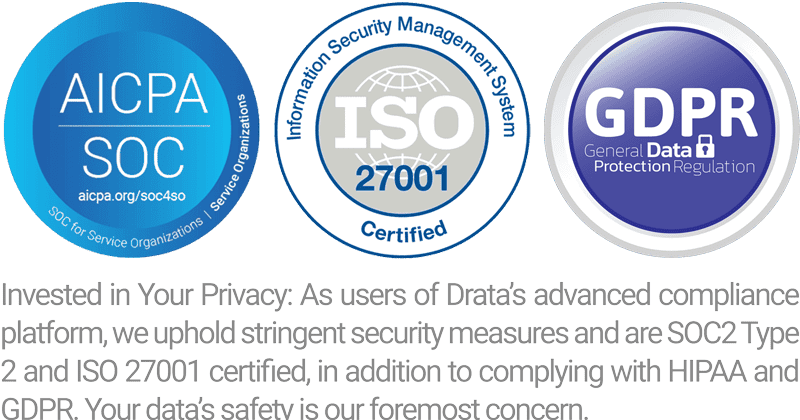How Your Sales Department Drives Marketing Strategy
Learn how your sales department drives marketing strategy. Marketing and sales departments provide essential functions for company success. Marketing creates awareness and sales creates revenue. Each department has a distinct role, but in order to maximize effectiveness the two must operate in tandem.
So how can your sales force support your marketing people?
Through feedback from customers and prospects.
Certainly the marketing department can obtain feedback through focus groups, A/B testing, and other market research techniques. However, the feedback received by your sales force is invaluable, and should be used to shape your marketing strategy.
The marketing strategy primes the sales pump through the delivery of value-based messaging to your markets. The sales department operates under the umbrella of that messaging, but has a closer relationship with your customers and prospects, and has access to the real-world application of your products.
A reciprocal relationship exists that shouldn’t be overlooked. The reciprocal nature of the relationship provides opportunities for the sales department to support the marketing department. After all, without sales there is no product to market.
Your sales group can provide evidence of the success or failure of those messages. But what feedback provided by your sales staff can help the marketing department develop effective campaigns? There are five critical questions for marketing to ask sales that will help build a successful marketing campaign:
5 Questions Marketers Can Ask Sales
1. Is exposure adequate within each territory? – Ideally, the selected channels should reach targets frequently through effective channels in order to support the sales effort. “How did you hear about our company or product?” sheds light on whether the appropriate channels are being used effectively.
2. Do the markets understand the product clearly? – Messaging should express benefits, image, offer, and value. “Which features or benefits of our product are important to you?” can allow your marketers to understand if the messaging is clear.
3. What are the obstacles to closing sales? – Sales people receive valuable feedback from prospects about buying decisions during sales calls. “What can I do to make your buying decision easier?” often exposes overlooked objections that can be categorized for analysis by the marketing department.
4. How is the competition being received by your markets? – Your sales staff has the ability to determine how effective your competitors’ marketing activities have been. “Who else has a product like ours?” provides feedback about the competitive environment your company is working in. The marketing department can use this information to develop messaging that positions your product within the marketplace.
5. Are customers receiving the benefits they’ve been promised? – By checking customer satisfaction, your sales people can share with marketing whether the messaging is appropriate. “Is our product providing the solutions you need?” reveals how the product is being received in the marketplace. Sharing responses with marketing provides real-world feedback that will support or contradict your messaging.
By training your sales staff to generate feedback that will improve marketing, your company can develop messaging that is responsive, timely, and effective.



